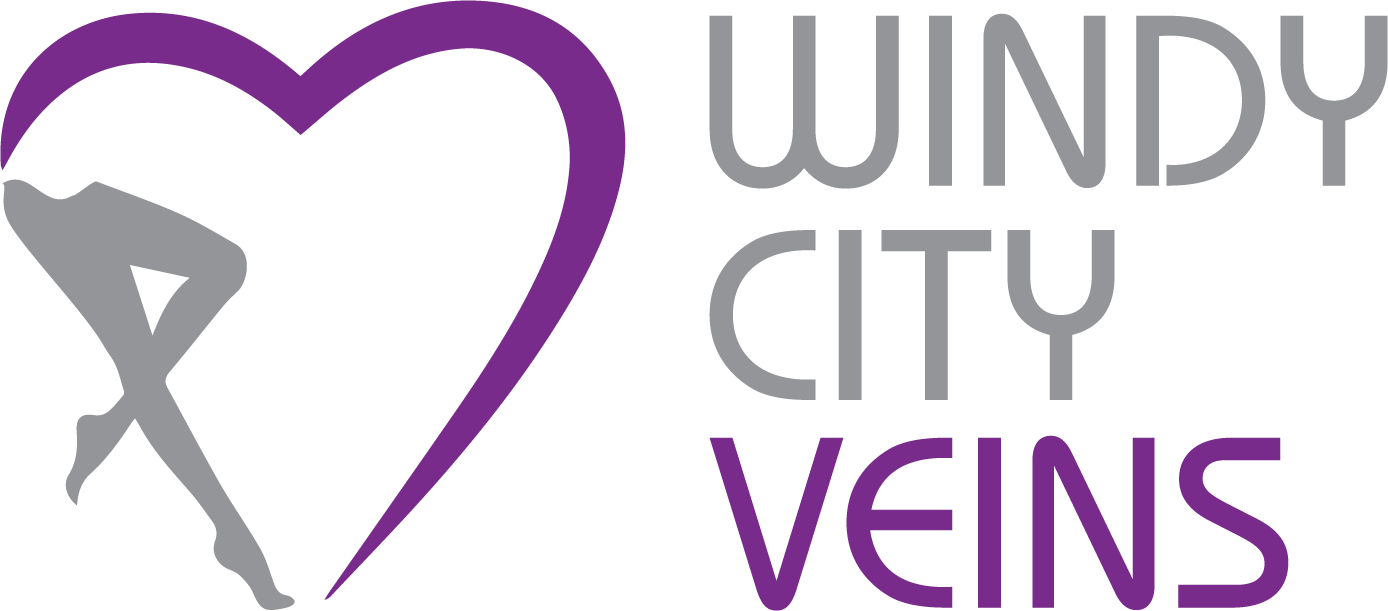Venous disease is common and affects 23% of adults in the United States. It happens when a vein doesn’t allow proper blood circulation and can cause blood to collect (pool) in the legs. Venous disease can also be called chronic venous insufficiency and may be represented at first in the form of varicose veins and spider veins.
Some people are at higher risk of developing venous disease, especially women. Adults over their 50’s are more likely to suffer vein disease, as well as pregnant women. Other conditions that may cause venous disease are:
- Standing or sitting in the same position for long periods
- Being overweight
- Lack of exercise
- Smoking
- Phlebitis (inflammation or swelling of a vein close to the skin)
- Deep vein thrombosis (caused by a blood clot in a deep vein, usually in the thigh or calf)
- Have a family history of varicose veins
- Suffered damages during a leg injury or surgery
How Can You Prevent Venous Disease
By making small changes and maintaining a healthy lifestyle, you can prevent venous disease, like exercising and maintaining a healthy diet. For people with a family history condition, there are also medicines to increase and improve blood flow.
Another recommendation for people who work long hours standing or sitting is to wear compression stockings and elevate their legs at the end of the day to increase blood flow and reduce swelling.
When Is Professional Treatment Required?
At first, spider veins and varicose veins may not cause any discomfort, aside from appearing in the legs. However, even if they aren’t bothering you, it’s good to seek professional help to prevent venous disease development.
Some symptoms or signs indicating it’s time to visit a specialist are:
- Pain when walking, climbing stairs, sitting, and in general to the point that it interrupts your daily routine
- Heavy and itchy legs
- Discolorations around the ankles or near the varicose vein
- Visible and swollen varicose veins
- Leg ulcers or rashes
- Leg cramps
- An uncomfortable sensation when sleeping, like feeling the urge of moving the legs (restless legs syndrome)
Depending on your case, conditions, and age, a vein doctor will tell the best treatment to follow. Although there are general treatments for venous disease, patients are evaluated case by case, for some people making lifestyle changes may be enough. In contrast, others may require the use of medicine and special treatment machines.
Get Diagnosed by The Best Doctor in Illinois
Dr. Parol Pitroda is the founder of Windy City Veins, a leading and local vein specialist practice. Our inclusive and warm center will make you feel comfortable and safe and, unlike other centers, our patients are more than just numbers.
Windy City Veins cares for its patients and takes the time to diagnose and treat you uniquely. Dr. Pitroda has performed over 750 procedures and has over a decade of experience; she’s the best doctor to diagnose and treat venous disease in Illinois.
We’ll help you feel better and prevent the problem from developing.


Recent Comments